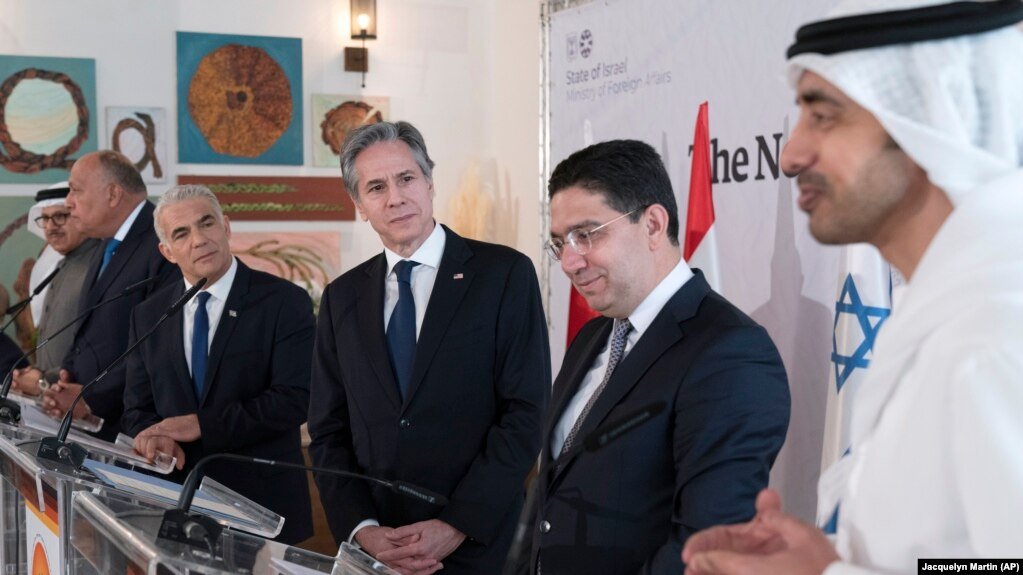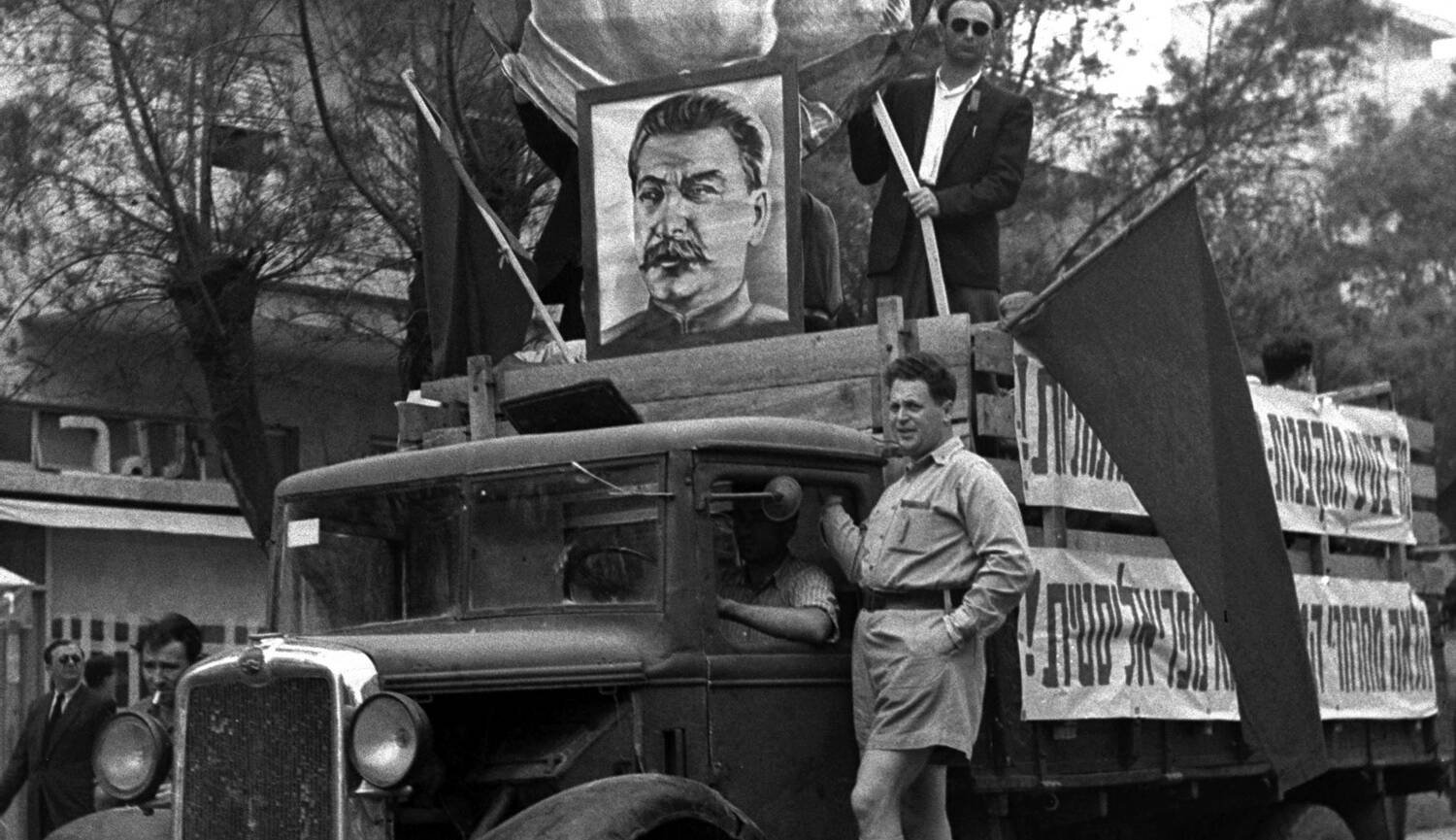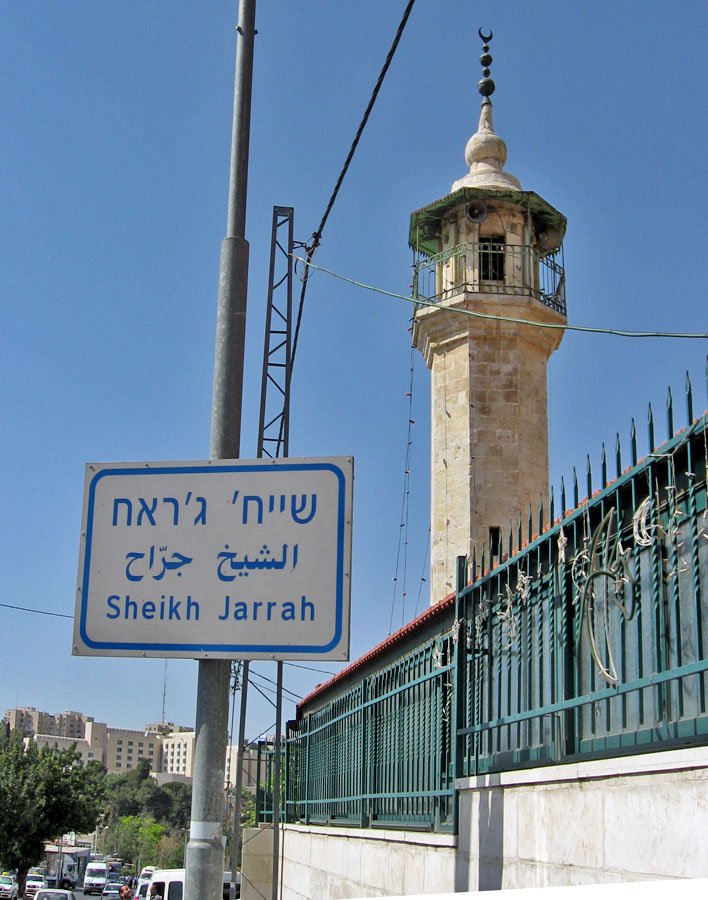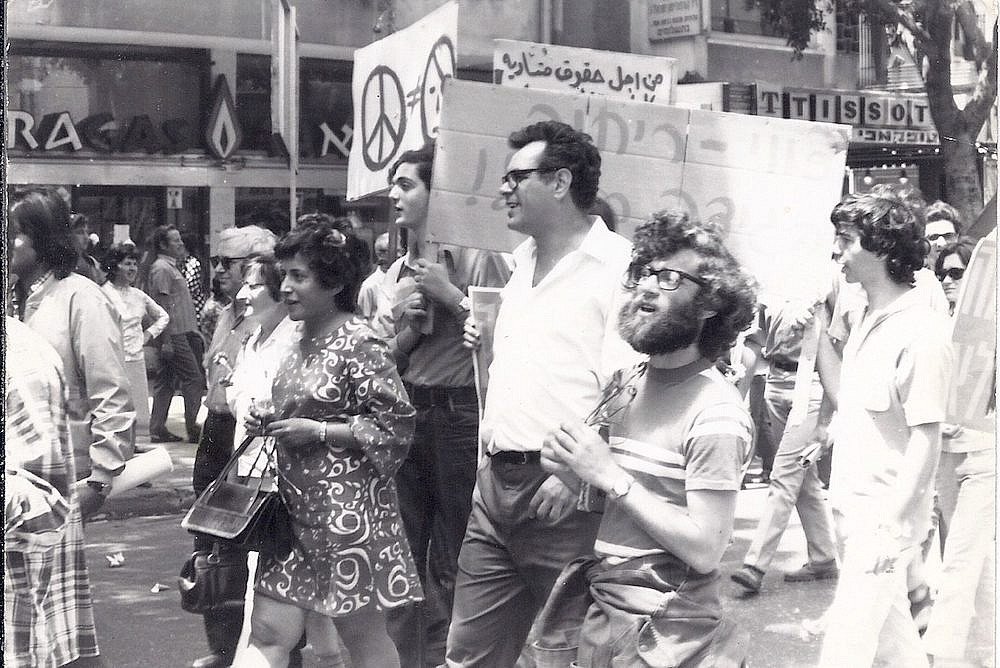Israel/Palestine


From Vietnam to Palestine: Campus Rebellions, 1968-2024
Here in the United States, the most prominent consequence of Israel's war on the Gaza Strip is the emergence of a broad-based movement in solidarity with the Palestinian people and in opposition to U.S. support for Israel's massive slaughter of civilians in full view.

Settler Colonialisms and Deadly Violence: Algeria and Israel/Palestine
The riveting artistic power of “The Battle of Algiers” rendered Algeria the best-known instance of settler colonialism and armed struggle for decolonization and national independence. The black and white newsreel style of the film and its compelling music uncompromisingly impress on the viewer both the structural and the kinetic violence of the French settler colonial regime and the urban terror unleashed by the Algerian National Liberation Front (FLN) in 1956-57.
…
Understanding Israel as a settler-colonial society is not a “moral derangement.” It does not justify violence or imply “the permanent division of the world into innocent people and guilty people.” The term has indeed been used by some who “excused Hamas’s massacre.” In and of itself the term settler colonialism does not explain why they did so. Many who believe the term is appropriate in analyzing the Zionist project and Israeli society are appalled by Hamas's terrorism and atrocities and believe it cannot liberate anyone.

The Political Context of the Crisis in Gaza
“The Political Context of the Crisis in Gaza,” interview with Stephen Shalom, New Politics, Jan. 2024

A century after its founding, the Israeli Communist Party is at a crossroads
For 100 years, Maki has been the leading force for Jewish-Palestinian equality in Israeli politics, yet it has failed to unite Arab and Jewish workers into a viable movement. Was it doomed from the start?

Palestinian Solidarity at the World Cup and the Bankruptcy of U.S. Policy
The World Cup in Qatar and the annual conference in Washington of J Street, the liberal Zionist lobbying group, occurred half a world apart. Their global significance is hugely disparate. Yet, together, they highlighted both the extent to which the Biden administration is out of touch with popular sentiment internationally and the bankruptcy of its policy on Israel/Palestine.

Israel's Negev Summit Consolidated a Reactionary Axis in the Middle East
The so-called Negev Summit hosted by Israeli Foreign Minister Yair Lapid last week, attended by the foreign ministers of the United Arab Emirates, Bahrain, Egypt and Morocco, along with U.S. Secretary of State Antony Blinken, signified Israel's full partnership in a consolidated axis of reactionary powers in the Middle East.

On Ukraine, Israel’s Communists Choose Not to Choose
PHOTO: A truck with the faces of Soviet Communist leaders Lenin and Stalin at the labor day parade held in Tel Aviv, May 1st, 1949. Pinn Hans/Israeli Government Press Office.
Some left-wing politicians are reluctant to condemn Russia’s invasion because of deep historic links between the Soviet Union and the Communist Party of Israel.

Palestinian Workers Have a Long History of Resistance
On May 18, all sectors of the Palestinian people united in a general strike: residents of the Israeli-occupied West Bank, East Jerusalem, and Gaza Strip, and Palestinian Arab citizens of Israel and their compatriots in the diaspora. The widely observed “dignity strike” recalled two previous all-Palestinian general strikes to advance national demands in 1936 and 1976.
The strike challenged the divide-and-rule tactics that Israel has deployed to disperse and dominate Palestinians since its establishment in 1948. Equally important, it highlighted the significance of Palestinian citizens of Israel, not only as a force in Israeli politics but as a component of the entire Palestinian people.

Sheikh Jarrah: Epicentre of Israel's plan for Jewish supremacy in Jerusalem
The neighbourhood at the heart of recent protests has been targeted for decades by settler groups intent on erasing its Palestinian presence.

Remembering Reuven Kaminer, the godfather of Israel’s radical left
From anti-occupation activism to anti-capitalist pedagogy, Reuven Kaminer inspired generations of activists to maintain a lifetime of political engagement.

Splintered but not Broken: A History of Israel’s Independent Left
From class struggles to women's rights to fighting occupation, Israel's 'independent left' was never a cohesive social movement. Yet its impact is being felt to this day.
Strategies of Solidarity: Israel/Palestine and the Empire
Palestine today is perhaps the leading international issue evoking solidarity on a global scale. Nonetheless, the “community of nations” apparently remains helpless to address the Palestinian-Israeli conflict. Despite escalated expressions of concern, official and unofficial international institutions failed to halt or substantially moderate Israel’s third assault on the Gaza Strip in the summer of 2014 or impose any sanction for it. Straining the limits of credulity, the Obama administration, its international allies, and the American political class continue to prattle about the “peace process” as if it were more than a propaganda term. The widening gap between global public opinion and the ineffectuality of the international state system in the face of the ever-worsening conditions of Palestinian lives obliges global solidarity activists to deepen our understanding of the conflict, reconsider the possibilities for its resolution, and reflect on our strategies.

Palestine, Israel and the Arab-Israeli Conflict
The conflict between Palestinian Arabs and Zionist (now Israeli) Jews is a modern phenomenon, dating to the end of the nineteenth century. Although the two groups have different religions (Palestinians include Muslims, Christians and Druze), religious differences are not the cause of the strife.
